What Does a Fork, Your Feet, and Leadership Have in Common
The short answer is, ‘quite a lot’. As a student of leadership for over 20 years, I am fascinated by how the concept of what it means to be a leader has evolved since its relatively recent introduction as a field of study. My personal definition of leadership – ‘the act of mobilizing people to tackle tough challenges’ – was born of that introduced by Ron Heifetz, Senior Lecturer in Public Leadership, co-founder of the Center for Public Leadership at the John F. Kennedy School of Government, Harvard University. The application of leadership that I have trained and tested for nearly two decades includes 3 key concepts: offering Hope, providing Direction and truly Caring for those you lead including yourself. Yes, you read that correctly. Leadership requires the nurturing of yourself.
Recall the pre-flight safety demonstration given aboard every major air flight, “passengers should always fit his or her own mask before turning to others requiring assistance.” The same can be said of leadership. Before you can expect to lead others, you must lead yourself.
As I have written in previous blogs, leadership is by no means a set of skills, a toolbox of ideas to be pulled out when needed. It is a way of being, and as such is affected by the health of our very being. In my Capstone class at the Johns Hopkins University Carey School of Business, we study and apply strategy in live case studies. We confront strategy in combination with leadership. Even though they are treated as distinct fields, one can’t get along well without the other. Recently one of my MBA students asked how could one effect good leadership without striving to be healthy. As a doctor, he’d seen it over and over. While it makes sense that a person steeped in the workings of the human body should see the connection between leadership and health, it is a message we should all hear and incorporate.
In our leadership trainings, we talk about human beings in 3 parts: the Soul, the Mind, and the Body. Each part needs specific attention and culminates in a stronger awareness of the role each plays in who we are, how we act, and how we interact.
Taking care of the Soul is about spending dedicated time reflecting on experiences and how they affect actions, reactions, and responses to life events. It also includes reflection on the development of purpose – the foundational context for how one approaches life regardless of conscious awareness of it. How do you dig deep and bring awareness to your purpose? It is a personal journey but some suggestions include prayer, journaling, fasting, and meditating. Whatever method works best for you is the one that can, with work and deliberation, most easily become a habit.
Caring for the Mind is bringing awareness to your Thinking Mind and your Emotional Mind. In our leadership trainings, we refer to Jonathan Haidt’s concept of the rider and the elephant, “The rider is our conscious mind – conscious, controlled thought. The elephant is everything else – gut feelings, visceral reactions, emotions and intuitions that comprise much of the automatic system.” The better we are at consciously controlling the rider, the more control we will have over how we respond to and with the unconscious workings of our mind. The simple act of focusing on our breath can have a tremendous effect on a stressed mind.
Other practices that help us keep the thinking and emotional minds connected are simple yet very powerful, developing our awareness and physically changing our brain. While numerous studies have shown the effects of meditation on the brain, ironically, moving the body also has significant effects. As more research is being done on the long-term effects of exercise, scientists are discovering that moving the body all day long, versus a burst of intense exercise and then sitting at your desk all day can have as much or more benefit on the overall health of body and mind as rigorous exercise.
When thinking of health, conventional wisdom places the Body first, but we intentionally talk about the health of the Body after the health of the Soul and Mind. In order to make healthy lifestyle changes, we must use the Soul to become aware of our values that are strong enough to affect change and our Mind to create the habits of good health. Again, healthy lifestyle choices are personal and we have no intention of suggesting one diet or form of exercise over another. What is critical for you as the leader is taking the time and energy to care for your whole self: Soul, Mind, and Body.

